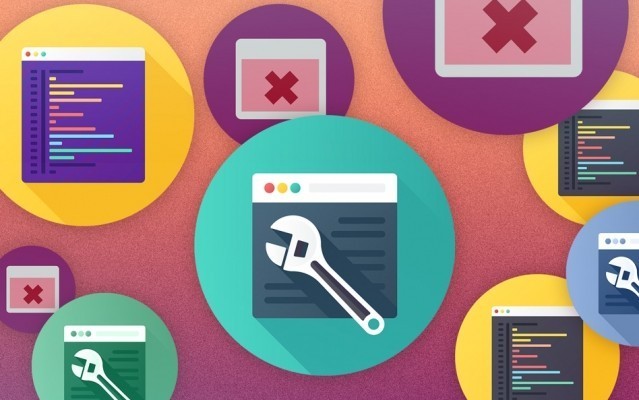Software Is Eating The Job Market | TechCrunch
Mischa Armada stashed this in Tech Trends
Stashed in: Software!, Software is eating the world.
Software is eating everything.
In 2011, Netscape and Andreessen Horowitz co-founder Marc Andreessen coined the phrase “software is eating the world” in an article outlining his hypothesis that economic value was increasingly being captured by software-focused businesses disrupting a wide range of industry sectors. Nearly four years later, it is fascinating that around 1 in every 20 open job postings in the U.S. job market relates to software development/engineering.
The shortage of software developers is well-documented and increasingly discussed. It has spawned an important national dialogue about economic opportunity and encouraged more young people, women, and underrepresented groups to pursue computing careers – as employers seek individuals skilled in programming languages such as Python, JavaScript, and SQL.
Although most of these positions exist at the experienced level, it is no surprise that computer science and engineering are among the top three most-demanded college majors in this spring’s undergraduate employer recruiting season, according to the National Association of Colleges and Employers.
Discussion about the robust demand and competition for software developers in the job market is very often focused around high-growth technology firms such Uber, Facebook, and the like. But from the “software is eating the world” perspective, it is notable that organizations of all types are competing for this same talent – from financial firms and hospitals to government agencies. The demand for software skills is remarkably broad.
For example, the top employers with the greatest number of developer job openings over the last year include JP Morgan Chase, UnitedHealth, Northrup Gruman, and General Motors, according to job market database firm Burning Glass Technologies.
Data science is just the tip of the iceberg
Another surge of skills need related to technology is analytics and the ability to work with, process, and interpret insights from big data. Far more than just a fad or buzzword, references to analytical and data-oriented skills appeared in 4 million postings over the last year – and data analysis is one of the most demanded skills by U.S. employers, according to Burning Glass data.
The Harvard Business Review famously labeled data scientist roles “the sexiest job of the 21st century” – but while this is a compelling new profession by any measure, data scientists sit at the top of the analytics food chain and likely only account for tens of thousands of positions in a job market of 140 million.
What often goes unrecognized is that similar to and even more so than software development, the demand for analytical skills cuts across all levels and functions in an organization, from financial analysts and web developers to risk managers. Further, a wide range of industries is hungry for analytics skills – ranging from the nursing field and public health to criminal justice and even the arts and cultural sector.











1:49 AM Jun 17 2015